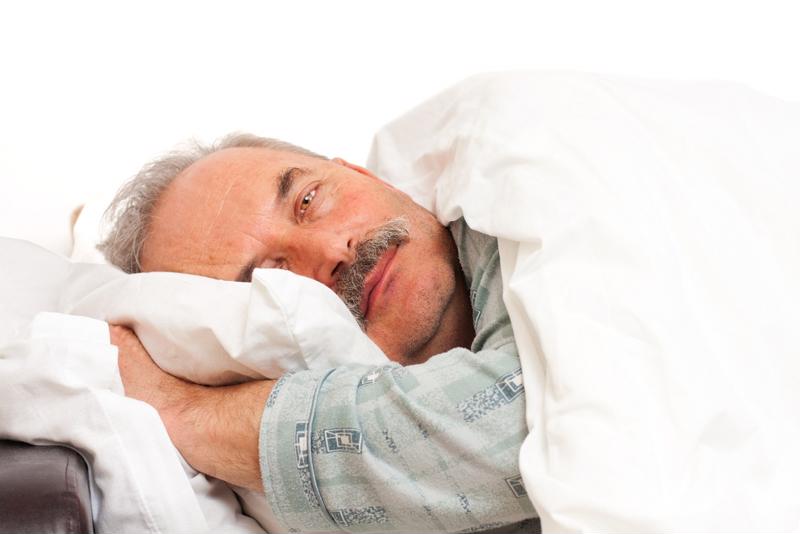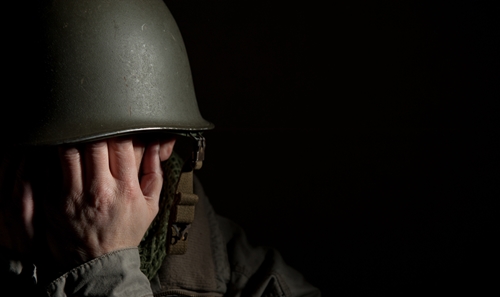Veterans have to deal with unique physical and mental stresses as a consequence of their demanding roles. The extent of the issue becomes more obvious with the release of every study on health and the military. That said, knowing about these problems is much better than letting them go unseen, and thus the wave of disclosures and increased focus on detection and prevention is a welcome development.
According to HealthDay News, one of the prominent challenges facing service members is troubled sleep. A good night's rest is vital to maintain overall well-being, but that can be an unreachable goal for some veterans, at least without treatment. As with all recurring issues affecting military personnel, the quality of their sleep is worth continued focus.
New report highlights sleep issues
The news service reported that the American Academy of Sleep Medicine carried out the study. The research covered 11 years, and the many veterans receiving health care from the Veterans Health Administration were the subjects. Over 9.7 million cases were studied, leaving the researchers with a huge pool of data. They concluded that veterans are six times more likely than members of the population at large to possess sleep disorders.
While the survey did not stipulate that post-traumatic stress disorder contributes to sleep problems, HealthDay reported that the researchers did find disorders were far more common among veterans afflicted with this condition.
"Veterans with PTSD had a very high sleep disorder prevalence of 16 percent, the highest among the various health conditions or other population characteristics that we examined," said James Burch, author of the study, according to the news provider.

The breakdown of disorders observed showed that there is no one sleep problem afflicting veterans. Instead, they can expect to face everything from insomnia to sleep apnea. HealthDay explained that chronic conditions not tied to sleep do tend to coincide with increased sleeping problems. The researchers stated that based on what they observed during the study period, veterans' sleep should be more carefully managed.
Mental health programs increasing
The suggestion that physical problems such as sleep disorders are tied to mental health outcomes puts more importance than ever on efforts to help veterans suffering from the effects of stress and trauma. Fortunately, many across the country are launching programs to do just this. Texas lawmakers Jose Rodriguez, Joe Moody and Cesar Blanco recently penned an El Paso Times column explaining their state's recent initiative to set up a center that will assist the service member community. It could serve as a model for similar project in other states.
The authors noted that the Texas Veterans + Family Alliance will now respond to mental health issues with the support of members of local communities. One of the program's signature features is a course that will equip veterans and their family members with mental health first aid, procedures that can help when conditions become unbearable. The training centers on issues that veterans frequently deal with, meaning that it will be highly relevant to the types of situations many service members encounter. Such training may create a more hospitable environment when military personnel come home.

